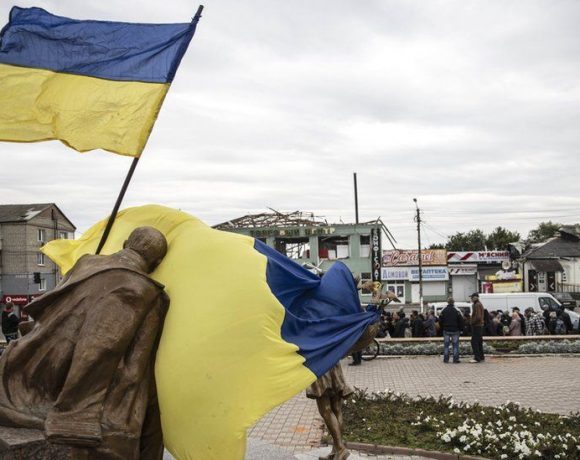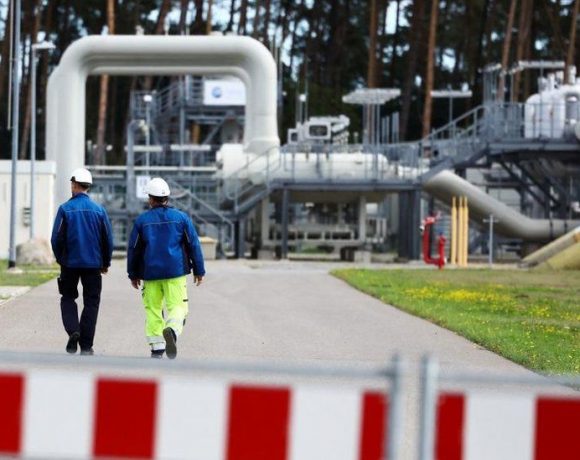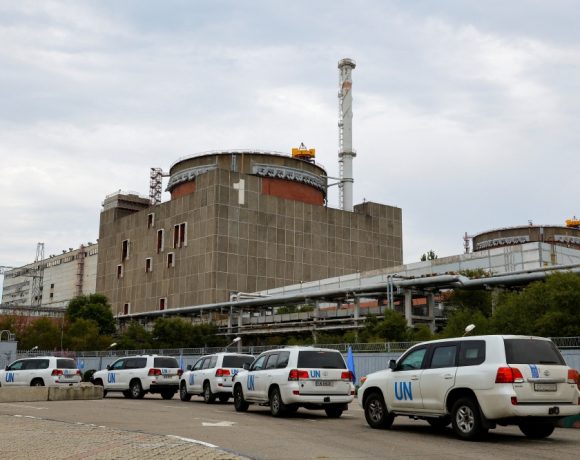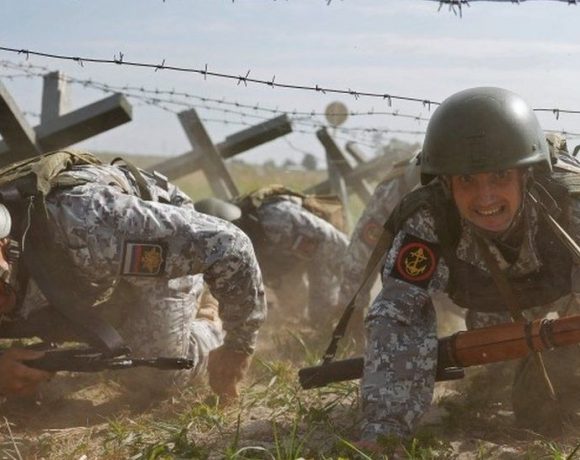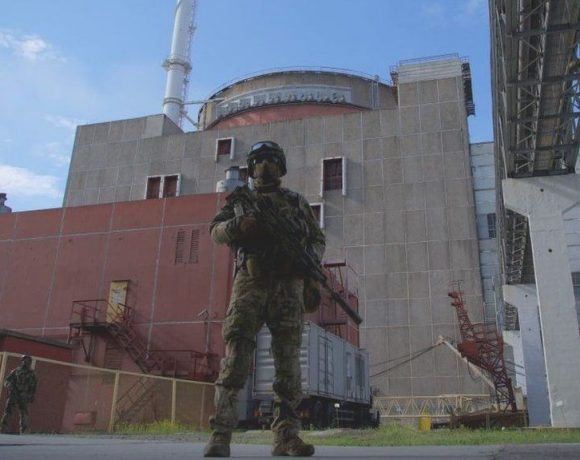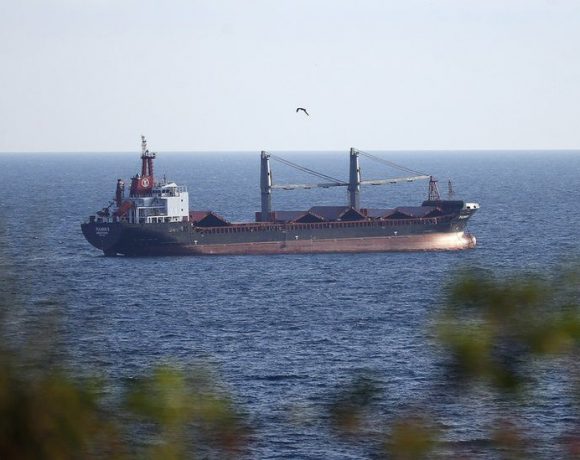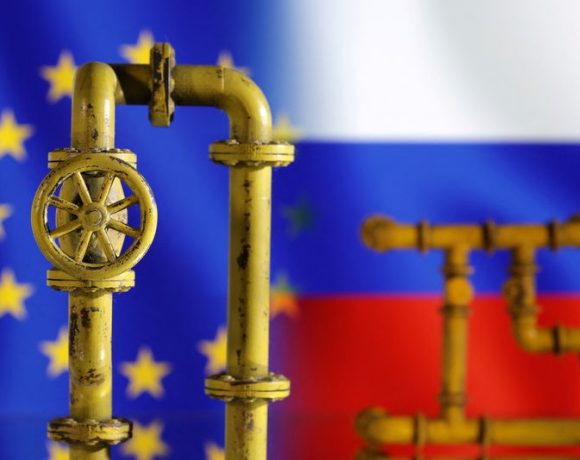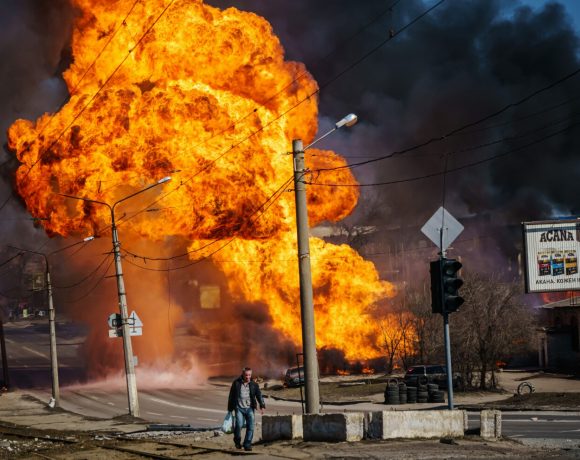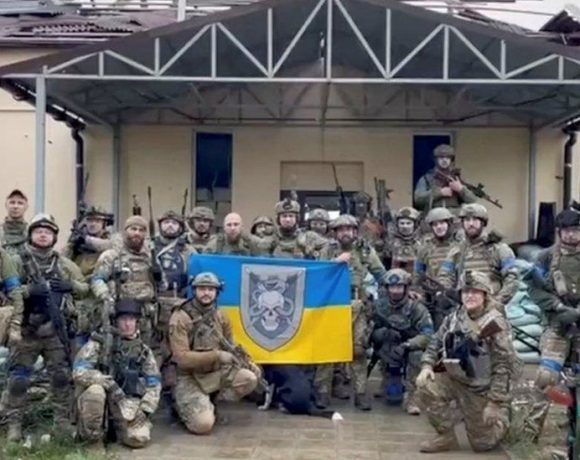
According to the president of the nation, Ukrainian forces are continuing their counteroffensive and have taken additional Russian land. According to Volodymyr Zelensky, forces have now liberated more than 6,000 sq km (2,317 sq miles) of territory in the east and south from Russian rule in September.
Some military experts believe that Russia’s admission that it lost important cities in the Kharkiv region of eastern Ukraine could be a turning point in the war. Moscow refers to its recent troop pullout from the area as a “regrouping” with the intention of concentrating on the Luhansk and Donetsk areas in eastern Ukraine. Even in Russia, where many social media users have mocked the idea, the purported pullout has been called “shameful.”
Later on Monday, US Secretary of State Antony Blinken stated that the counter-offensive by Ukrainian forces had made “substantial progress,” but cautioned that it was still too early to determine the outcome.
According to Mr. Blinken, “The Russians continue to utilise extremely considerable forces, as well as equipment, ammunition, and munitions, against not just the Ukrainian armed forces, but also against civilians and civilian infrastructure.
On February 24, Russian President Vladimir Putin gave the order to invade Ukraine completely. About a fifth of the country is still under Russian control. In his late-night video message on Monday, President Zelensky stated: “Our fighters have already liberated more than 6,000 sq km of the territory of Ukraine from the beginning of September till today.
The counteroffensive seems to have started quickly. President Zelensky claimed on Thursday that Ukrainian forces had retaken 1,000 square kilometres, but by Sunday, that claim had increased to 3,000 square kilometres.
Several Ukrainian brigades that participated in the counteroffensive were thanked by Mr. Zelensky, who called their soldiers “real heroes.” He withheld the names of the liberated Ukrainian towns and villages.
Picture Courtesy: Google/images are subject to copyright

